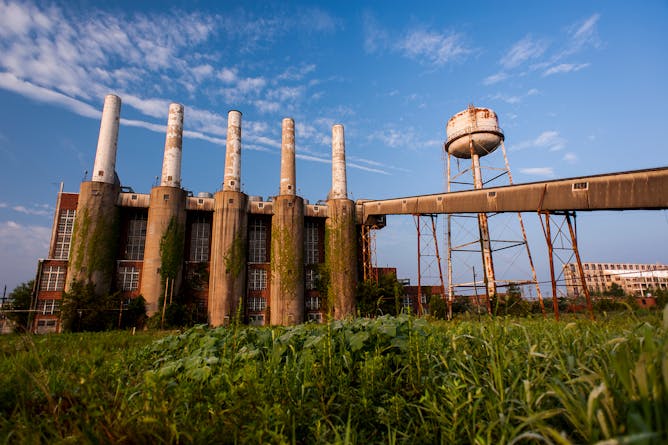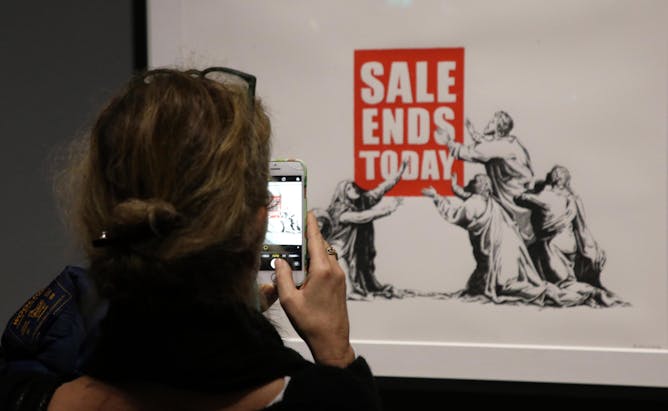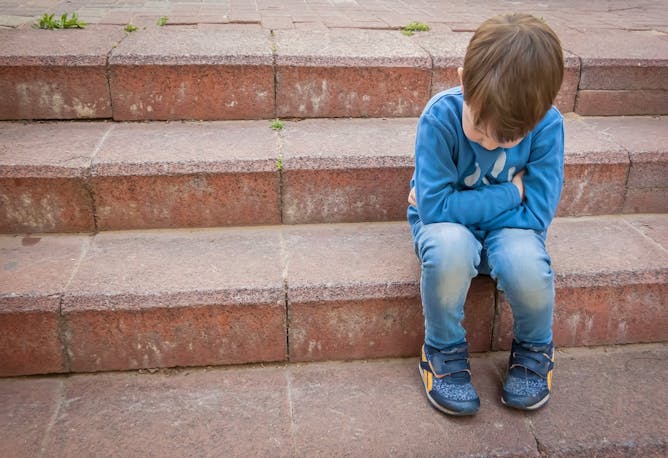|
|
|
Editor's note
|
|
Next time you’re booking a hotel or a holiday and you see similar high prices across the different websites, then it’s likely you’re experiencing a collusion in pricing – created by algorithms. The internet was supposed to give power back to shoppers, forcing companies to compete to offer the lowest prices and to let shoppers easily compare retailers to find the best deal. In reality, argues Graeme McLean, pricing algorithms have learnt that
the best way to maximise profits is to effectively keep all prices artificially high. And as this machine learning acts independently of human programmers, overcoming the issue will be difficult.
Carbon emissions appear to have peaked in most European countries. That’s according to a new study that found a consistent decline across 18 countries over the past decade, even when their economies continued to grow. But none of this is inevitable, warns Charlie Wilson. If those countries don’t support low carbon energy and reduce demand, the trend may reverse.
Banksy has long tolerated others copying and appropriating his art, but a recent judgement in Milan could see that about to change. As Enrico Bonadio explains, after seeking action over the sale of unauthorised merchandise it appears that the reclusive artist may be moving away from his idea that “copyright is for losers” and into a new era of legally protecting his anti-establishment works.
Post-traumatic stress disorder doesn’t just affect soldiers and first responders – an alarmingly high number of British children (one in 13) have the disorder. What’s even more concerning is that, despite being treatable, only a minority of these young people seek treatment from mental health services, says Stephanie Lewis.
For expert analysis on the latest Brexit developments, keep an eye on this page.
|
Stephen Harris
Commissioning + Science Editor
|

|
|
Top stories
|

Dean Drobot/Shutterstock
Graeme McLean, University of Strathclyde
The AI behind retail websites has learnt the best strategy is to copy each other's prices – and that can see them 'collude' to keep them high.
|

Sherman Cahal / shutterstock
Charlie Wilson, University of East Anglia
Carbon emission declines are far from inevitable, and require concerted policy action to support low-carbon energy and, critically, less energy demand.
|

A visitor enjoys the art of Banksy exhbition at the Mudec Museum in Milan.
EPA-EFE
Enrico Bonadio, City, University of London
Banksy's legal team has won an action to stop unauthorised products featuring his work alongside an Italian museum exhibition.
|

Roman Yanushevsky/Shutterstock
Stephanie Lewis, King's College London
One in 13 young people in Britain develop PTSD.
|
Business + Economy
|
-
Ben Zissimos, University of Exeter
Food and medical aid at Venezuela's borders could spark a revolution.
-
Karina Patricio Ferreira Lima, Durham University; Arely Cruz-Santiago, Durham University
While other Latin American countries like Argentina and Brazil led the way on reforming legal protections for domestic workers, Mexico looked the other way.
-
Loizos Heracleous, Warwick Business School, University of Warwick
Flybmi's unravelling is the latest in a long line of airlines that have got stuck on the runway.
|
|
Politics + Society
|
-
Lidia Ripamonti, University of Cambridge
Disability, autonomy and euthanasia – an uncomfortable debate.
-
Matthew Flinders, University of Sheffield
The shadow foreign secretary's attack on departing Labour MPs is out of step with public feeling.
-
David Lees, University of Warwick
The embattled president must use this moment to end centuries of ambiguity over the place of Jews in French society.
|
|
Arts + Culture
|
-
Ellis Cashmore, Aston University
Don't expect to see any less of the Kardashians. Sorry about that.
-
Claire Jenkins, University of Leicester
In 91 years, only five women have been nominated as best director and only one has won the award.
|
|
Education
|
-
Sascha Stollhans, Lancaster University; Oranna Speicher, University of Nottingham
Debunking the myth that English is the only language you need.
|
|
| |
Featured events
|

|
G10, Palmer Building, Whiteknights Campus, Reading, Reading, RG6 6AH, United Kingdom — University of Reading
|

|
Bishop Hall Lane, Chelmsford, Essex, United Kingdom — Anglia Ruskin University
|

|
Cambridge Judge Business School, Trumpington Street, Cambridge, Cambridgeshire, CB2 1AG, United Kingdom — University of Cambridge
|

|
Room 103, 51 Gordon Square, London, London, City of, WC1H 0PN, United Kingdom — UCL
|
|
|
|
| |
| |
| |
| |
| |
|
|
|
|
|
|
|